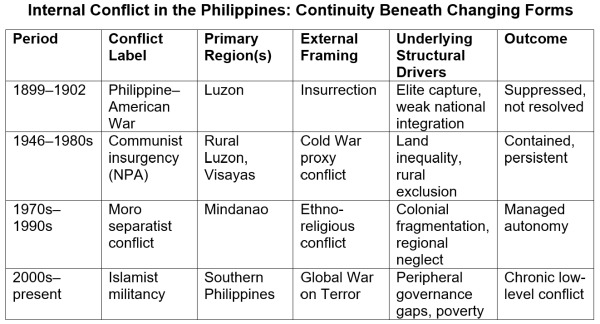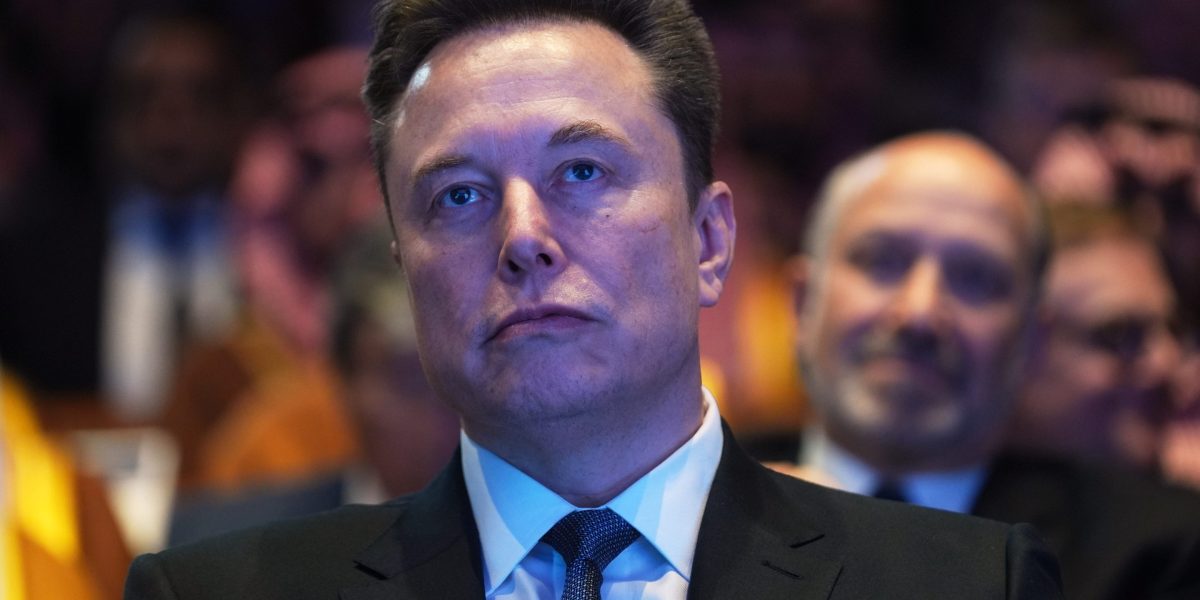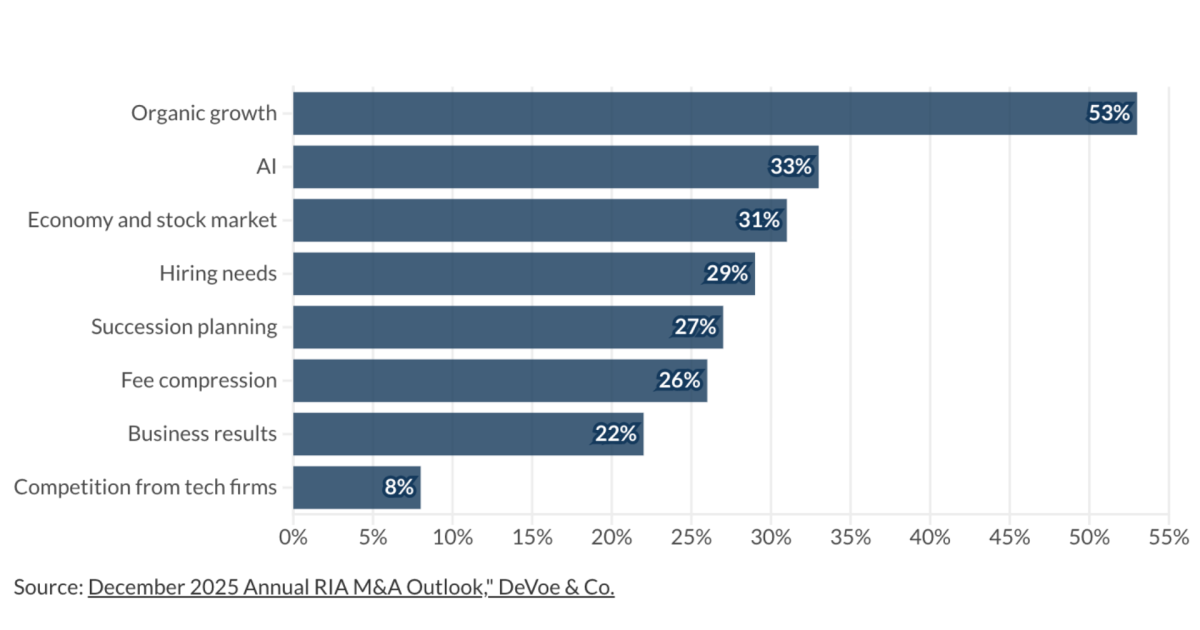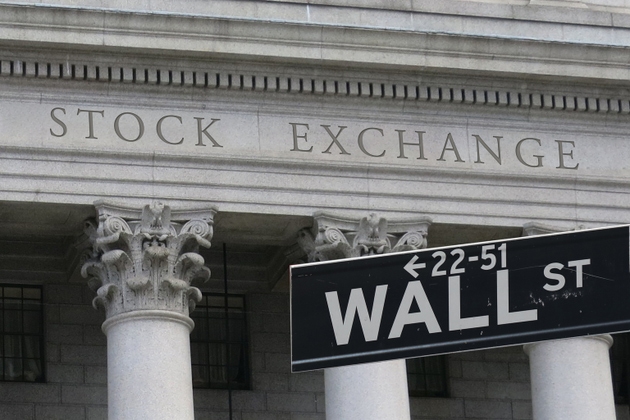One cannot study the history of colonial America, especially Virginia, without realizing the significance of tobacco. In 1612, John Rolfe was the first in Jamestown to grow marketable tobacco after obtaining superior seed from the West Indies, where the Spanish had outlawed the sale of tobacco seed to foreigners on penalty of death. Tobacco helped early colonial Virginia move from subsistence to exchange. Rothbard notes that “a man’s labor in tobacco could earn six times as much as grain.” Therefore, most switched to producing tobacco. Tobacco production exploded:
1616—2.5 thousand pounds
1618—50,000 pounds
1620—119,000 pounds
1624—203,000 pounds
1672—17.5 million pounds
1688—28 million pounds
Tobacco also became a generally-accepted medium of exchange or money. In fact, for a time, there was—rather than a gold standard—a “tobacco standard.” This took place perfectly in line with Menger’s theory (which I’ve discussed). Money—specifically tobacco—emerged as a medium of exchange due to its utility, not because of either state decree or tax demand. Government interventions followed, but these did not make the money money.
Chartalist/MMT Claims
As usual, this fairly plain history is dismissed as ridiculous by MMTers/chartalists. Wray writes,
We all know the traditional answers to these questions. Our homogenous-globule-of-desire forefathers were inconvenienced by barter until they spontaneously hit upon the idea of using tobacco, furs, huge rocks, landmarks, and wives as media of exchange….
The problem is that the Never-Never land imagined by the Paul Samuelsons and George Selgins simply never, ever, existed. There is no evidence of barter-based (outside trivial prisoner-of-war cases), and all the evidence about the origins of money points to state involvement. (emphasis added)
While Wray also claims that he is not saying “that there have never been private monies,” what he does argue is “that from the beginning, government played an important role in determining what would function as a unit of account.” He further claims that, even if money did originate from barter-exchange, it is irrelevant.
Similarly, Mitchell Innes—often regarded as a chartalist pioneer—claimed the following regarding tobacco and other commodities,
Then again as regards the various colonial laws, making corn, tobacco, etc., receivable in payment of debt and taxes, these commodities were never a medium of exchange in the economic sense of a commodity, in terms of which the value of all other things is measured. They were to be taken at their market price in money. Nor is there, as far as I know, any warrant for the assumption usually made that the commodities thus made receivable were a general medium of exchange in any sense of the words….
There is not and there never has been, so far as I am aware, a law compelling a debtor to pay his debt in gold or silver, or in any other commodity; nor so far as I know, has there ever been a law compelling a creditor to receive payment of a debt in gold or silver bullion, and the instances in colonial days of legislation compelling creditors to accept payment in tobacco and other commodities were exceptional and due to the stress of peculiar circumstances. (emphasis added)
Innes believed that because of “the enormous growth of government initiative these tokens have come to have a circulation which no private tokens could enjoy.” Additionally, according to Innes, “it is clear that the precious metals could not have been a standard of value nor could they have been the medium of exchange.”
Interestingly, in 1914, Keynes reviewed Innes’s “What Is Money?” (1913). Keynes said that “the writer’s strength is on the historical, not on the theoretical, side.” Yet, Keynes’s criticism of the work states,
This position Mr. Innes endeavours to establish by an historical inquiry, the value of which is, unfortunately, much diminished by an entire absence of any references to authorities. (emphasis added)
In other words, Keynes had ideological sympathy with Innes’s argument, admitted that Innes was weaker on theory, claimed that the strength of Innes’s argument came from history, and finally, no historical sources were cited. In truth, Innes was weak on theory and history. However, Keynes concluded favorably,
It is difficult to check his assertions or to be certain that they do not contain some element of exaggeration. But the main historical conclusions which he seeks to drive home have, I think, much foundation, and have often been unduly neglected by writers excessively influenced by the “sound currency” dogmas of the mid-nineteenth century. Not only has it been held that only intrinsic-value money is “sound,” but an appeal to history of currency has often been supposed to show that intrinsic-value money is the ancient and primitive ideal, from which only the wicked have fallen away. Mr. Innes has gone some way towards showing that such a history [barter-exchange leading to media of exchange, the gold standard, etc.] is quite mythical. (emphasis added)
Tobacco as Money
The simple historical reality, however, not only destroys the above chartalist arguments, but illustrates the Mengerian monetary theory—that monies emerged from individuals’ indirect exchanges of commodity goods as media of exchange. This can be seen particularly with tobacco. Before reviewing the history of the tobacco standard in colonial Virginia, we should note some interesting history about the word currency.
In 1740, Hugh Vance published An Inquiry into the Nature and Uses of Money, which was reprinted in the third volume of Colonial Currency Reprints (1911). Vance wrote (also quoted in Michener),
The Word, Currency, is in common Use in the Plantations . . . and signifies Silver passing current either by Weight or Tale. The same Name is also applicable as well to Tobacco in Virginia, Sugars in the West Indies &c. Every thing at the Market-Rate may be called a Currency; more especially that most general Commodity, for which Contracts are usually made. And according to that Rule, Paper-Currency must signify certain Pieces of Paper, passing current in the Market as Money. (emphasis in original)
The word “currency” had to do with what was current as a medium of exchange. This is evidence that goods not only traded in barter but could be exchanged indirectly for other goods, which is where the term “currency” comes from. Michener provides further commentary,
In colonial times, “money” and “currency” were practically synonymous and signified whatever was conventionally used as a medium of exchange. The word “currency” today refers narrowly to paper money, but that wasn’t so in colonial times.
Vance defined money as “any Matter, whether Metal, Wood, Leather, Glass, Horn, Paper, Fruits, Shells, Kernels &c which hath Course as a Medium of Commerce.” Tobacco—among other currencies—already existed as a medium of exchange prior to government interventions. Vance notes, after being used as a medium of exchange, “sometimes they are made lawful Tender…by publick Authority…” Therefore, money and currency were not made such by government decree, but became such by voluntary market exchanges. Vance wrote,
Look into our British Plantations, and you’ll see [commodity] Money still in Use, As, Tobacco in Virginia, Rice in South Carolina, and Sugars in the Islands; they are the chief Commodities, used as the general Money, Contracts are made for them, Salaries and Fees of Office are paid in them, and sometimes they are made a lawful Tender at a yearly assigned Rate by publick Authority, even when Silver was promised. (emphasis in original)
Here we have both sequence and consequence. Certain goods were used as money before government intervention and governments recognized and accepted those goods as legal tender because of their prior monetary status.
Tobacco was the most widespread commodity money, especially in Virginia. The “pound-of-tobacco” was the currency unit in Virginia, with warehouse receipts circulating as money because they were “backed 100 percent by the tobacco in the warehouse.” Rothbard explains further,
Down to the middle of the eighteenth century, Virginia was content with a decidedly noninflationary form of paper money. From 1713 on, the Virginia government established public tobacco warehouses, which issued warehouse receipts called “tobacco notes,” backed one hundred percent by the amount of tobacco in the warehouse. These notes then functioned as a perfect equivalent to commodity money in tobacco.
Tobacco was in great demand “both within the colonies and for overseas commerce.” Several factors made tobacco an ideal money—it was demanded both as a consumer good and a medium of exchange, it had to be produced, it could not be counterfeited, it could be divided. Virginia adopted it as its money in 1642 and Maryland did so a few years later, however, it was also used as money unofficially in other colonies. Tobacco was so closely associated with money that the non-tobacco-growing New Jersey displayed a tobacco leaf on its money with the inscription: “To counterfeit is Death.” Tobacco served in early America as a medium of exchange for about two hundred years, until the passage of the new Constitution.
Tobacco even saved Maryland’s inflationary monetary economy when, after 1733, Maryland’s public bank issued unbacked paper notes and literally gave them away to each inhabitant of the province. Unsurprisingly, after this “helicopter money” was issued, rapid depreciation took place. The inflationary impact of this episode was arrested, however, because tobacco was still used as a major money in the colony.
Government Intervention
Governments intervened after tobacco was already used as money—often undermining its value through price-fixing, legal tender laws, compulsory par laws, and other forms of monetary manipulation. William Gouge wrote that, “If the Government had not interfered, all would have been well.” As soon as 1618, as reported by Burk in his History of Virginia, Governor Argall decreed “that all goods should be sold at twenty-five per cent. and tobacco allowed for three shillings per pound, and not under, nor over, on the penalty of three years slavery to the colony…”
Government price-fixing between monies and commodities brought Gresham’s Law into effect. In a historiographical essay by Jeffrey Rogers Hummel, he records that, “The monetary history of the colonies offers many demonstrations of the operation of Gresham’s Law. Through legal tender laws the exchange rate between different monies was fixed.”
Tobacco was eventually displaced by other monies (e.g., gold, silver) for market reasons, but it was also hampered due to actions of governments. Despite this, for several hundred years, tobacco served many Americans as a market-chosen money. Governments recognized tobacco’s usage as money and it was for this reason that the government intervened. Tobacco did not become money because of state decree or tax redemption requirements.
While tobacco ceased to be money after the advent of the Constitution, its usage as money has reappeared throughout history. For example, in 1945, an article was published by an economist and prisoner in a POW camp named R.A. Radford. He recorded how cigarettes became a medium of exchange due to the demand for them as consumer goods, then for their ability to use in trade. This was not just because cigarettes were a convenient unit of account, but because of their tobacco content and the demand for them. Radford reports,
Between individuals there was active trading in all consumer goods and in some services. Most trading was for food against cigarettes or other foodstuffs, but cigarettes rose from the status of a normal commodity to that of currency….
Although cigarettes as currency exhibited certain peculiarities, they performed all the functions of a metallic currency as a unit of account, as a measure of value and as a store of value, and shared most of its characteristics. They were homogeneous, reasonably durable, and of convenient size for the smallest or, in packets, for the largest transactions. Incidentally, they could be clipped or sweated by rolling them between the fingers so that tobacco fell out. (emphasis added)


























